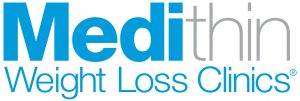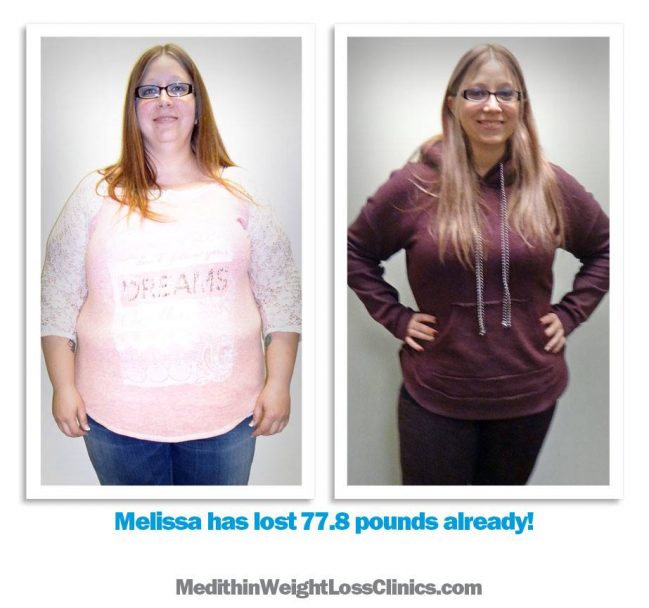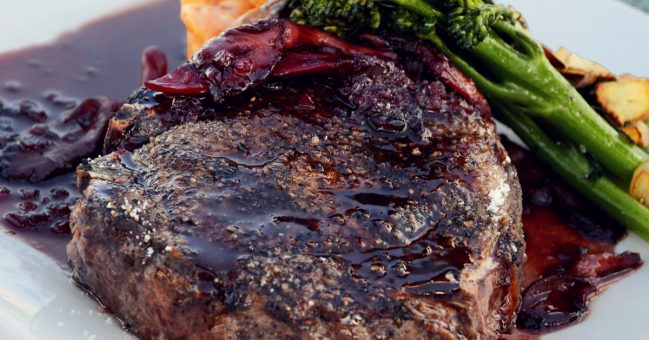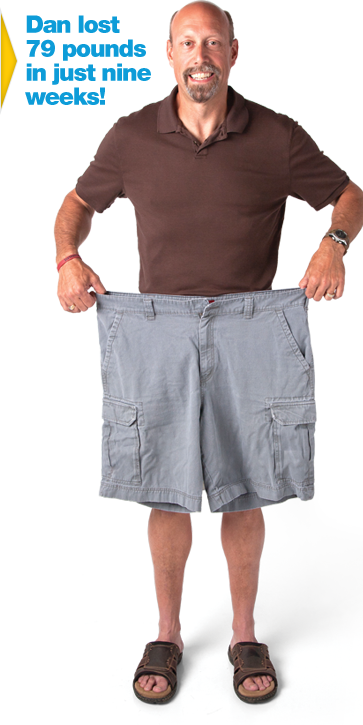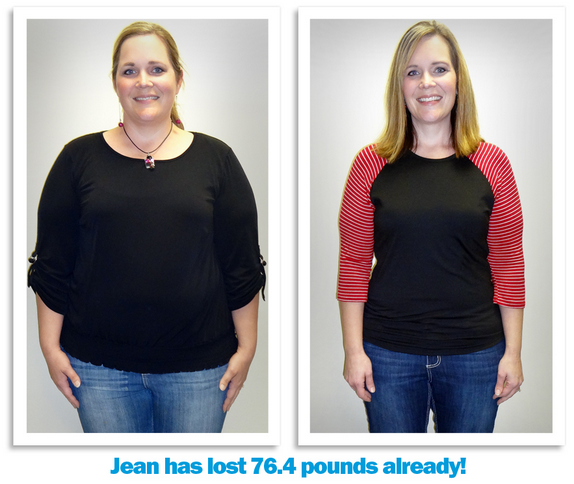The ketogenic diet, commonly known as the keto diet, is a low-carbohydrate, high-fat diet that has gained popularity in recent years. The keto diet is designed to induce a state of ketosis in the body, where the liver produces ketones to be used as fuel instead of glucose from carbohydrates. This article will discuss the potential benefits of the keto diet.
- Weight Loss One of the primary benefits of the keto diet is weight loss. By reducing carbohydrate intake, the body enters a state of ketosis, where it burns fat for energy instead of glucose. This can result in significant weight loss, as the body uses stored fat as fuel. Additionally, the high-fat and moderate protein content of the diet may help suppress appetite and reduce cravings, making it easier to stick to a calorie-restricted diet.
- Improved Blood Sugar Control The keto diet may also be beneficial for individuals with type 2 diabetes or insulin resistance. By limiting carbohydrate intake, blood sugar levels may be stabilized, leading to better insulin sensitivity and lower blood sugar levels. This can help reduce the need for insulin medication and improve overall glycemic control.
- Reduced Inflammation The keto diet has been shown to have anti-inflammatory effects, which may benefit individuals with conditions such as arthritis, asthma, or psoriasis. Inflammation is a root cause of many chronic diseases, and by reducing inflammation, the keto diet may help improve overall health and reduce the risk of disease.
- Improved Cognitive Function The keto diet has been shown to have potential cognitive benefits, particularly for individuals with neurological disorders such as epilepsy or Alzheimer’s disease. The production of ketones in the body has been shown to provide an alternative fuel source for the brain, which may help improve cognitive function.
- Lowered Risk of Cardiovascular Disease Contrary to popular belief, a high-fat diet may actually have positive effects on cardiovascular health. The keto diet has been shown to improve lipid profiles, including reducing triglyceride levels and increasing HDL (“good”) cholesterol levels. Additionally, the keto diet may help lower blood pressure and reduce the risk of heart disease.
In conclusion, the keto diet has numerous potential benefits, including weight loss, improved blood sugar control, reduced inflammation, improved cognitive function, and lowered risk of cardiovascular disease. However, it’s important to note that the keto diet is not suitable for everyone and may have potential side effects such as fatigue, constipation, or nutrient deficiencies. It’s always a good idea to consult with a healthcare professional before starting any significant changes to your diet or lifestyle.
